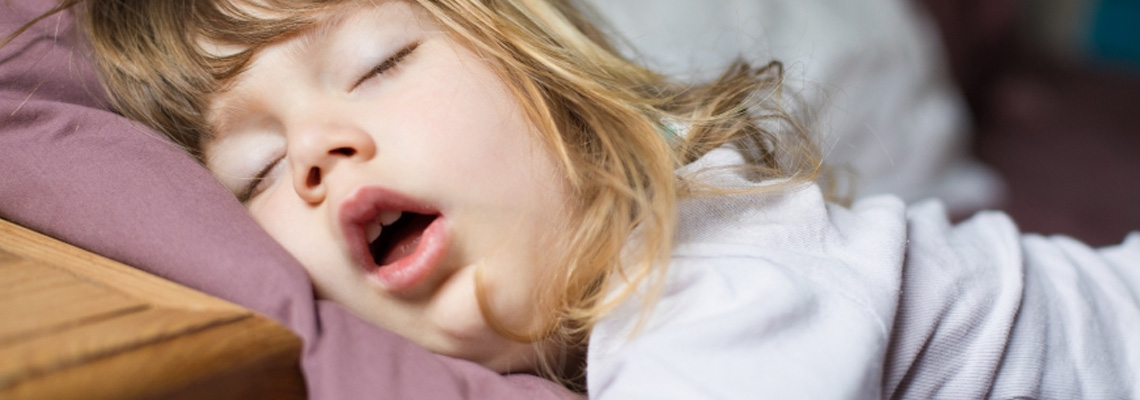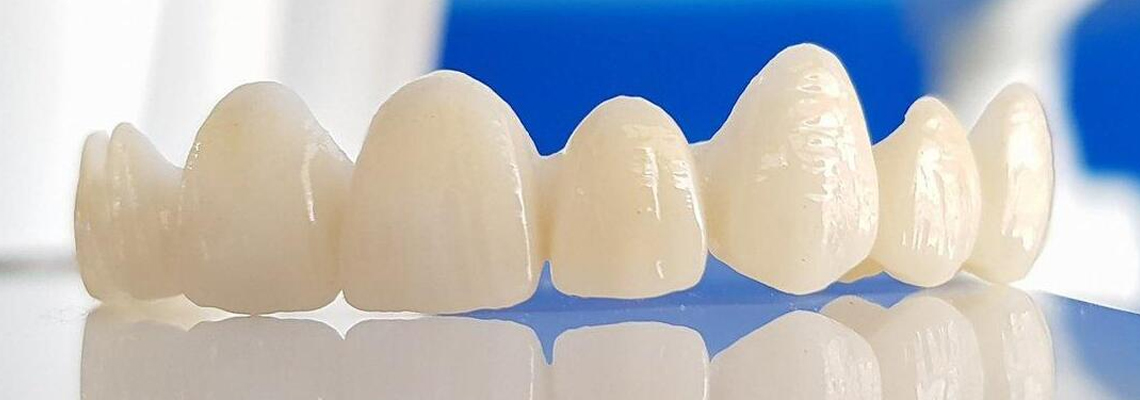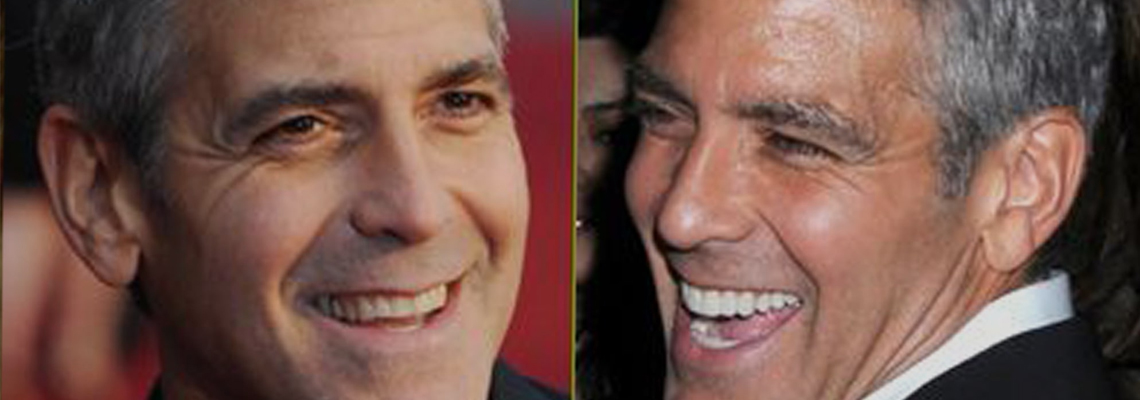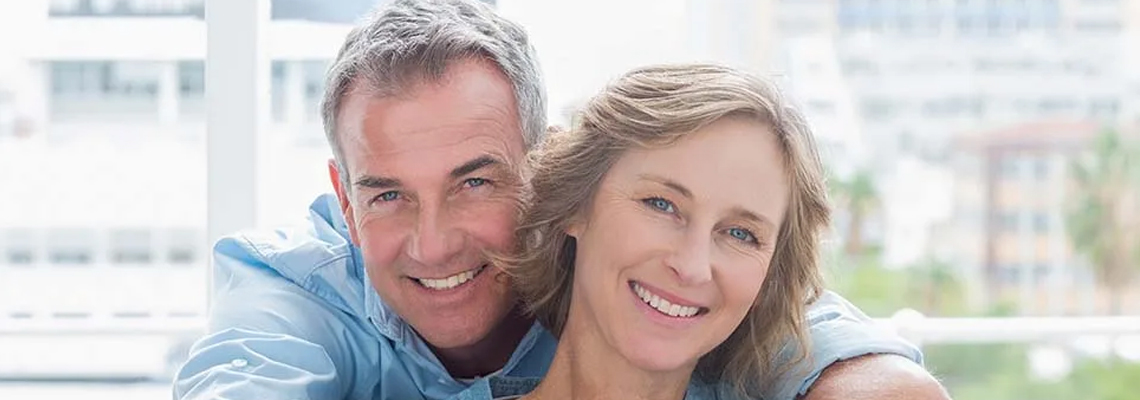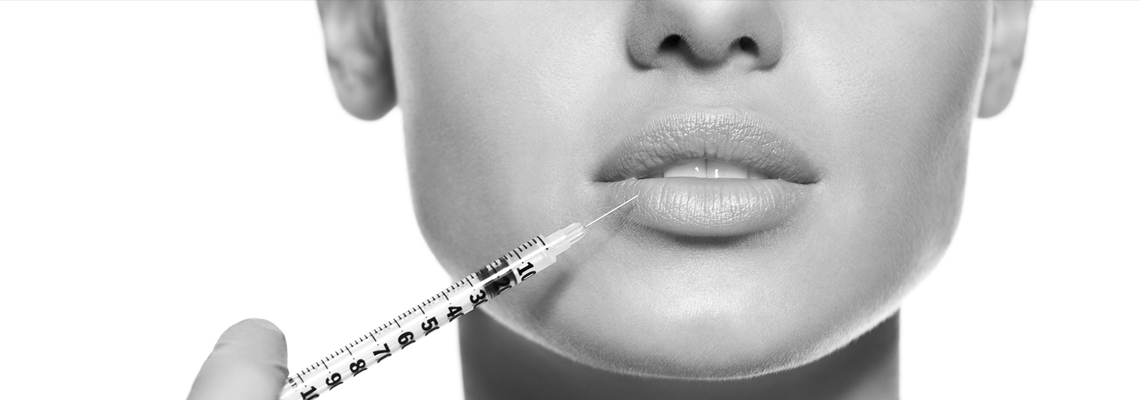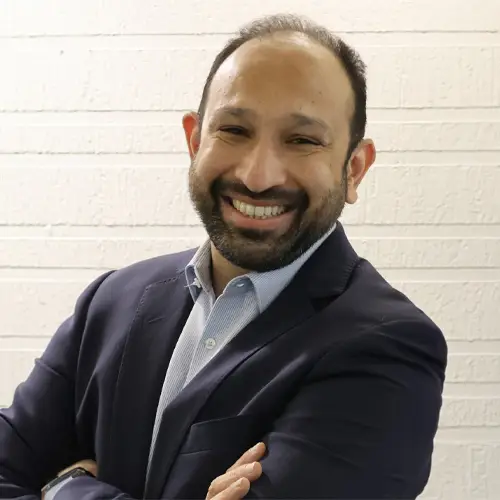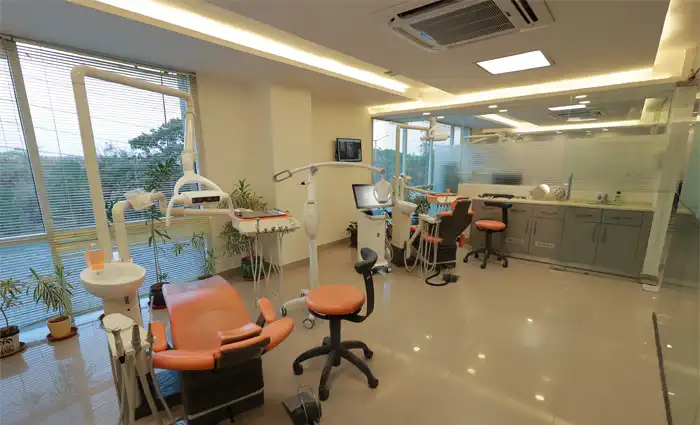Why would a dentist ask that of you? If your child has trouble breathing, the dentist might be the first person to notice. Even though medicine and dentistry are very different in ways like education and insurance, they are still very connected. Your mouth is a key part of your body. When something goes wrong in the mouth, it affects the rest of the body, and vice versa.
There is a strong link between the mouth (teeth and jaws) and the airway that is worth pointing out. Many people know that sleep apnea is linked to the mouth, but most don’t know that this is true for both adults and children.
What is Pediatric Sleep Apnea?
Pediatric sleep apnea is a condition in which a child stops breathing for any length of time while sleeping. It can be accompanied by snoring, gasping, and choking sounds, just like in adults. It can be quiet, too.
When children stop breathing at night, they don’t get good sleep, which is important for their growth and development. Sleep is also an important part of getting better, so kids with sleep apnea get sick more often than other kids.
In addition to sleep apnea, children can also have other types of sleep-disordered breathing, in which breathing doesn’t stop but is limited enough to lower oxygen levels and lower the quality of sleep.
How Can a Dentist Tell If My Child has an Airway Problem?
There are some signs of sleep-disordered breathing in children that can be seen in the mouth. During your child’s dental checkup or when a professional cleans his or her teeth.
As dentists, we look for the things on this list as signs of problems with the airway.
- Teeth Grinding: Children shouldn’t normally grind their teeth. If they do, you should think they are having trouble breathing. Children grind their teeth as a protective reflex to open their airway and get more oxygen to the brain.
- Narrow Jaw Structure: The size of the airway depends in part on how the jaws are shaped. A narrow upper and/or lower jaw often means that the airway is narrow or blocked.
- Large Overbite: Large overbites happen when a child’s lower jaw is much smaller than his or her upper jaw. Along with the size of the jaws, the way the upper and lower jaws fit together also has a big effect on the airway. Most of the time, a big overbite means that the lower jaw is pressing on the airway, making it hard to breathe.
- Mouth Breathing: Plaque buildup, gingivitis, and cavities are more likely to happen in children who breathe through their mouths all the time, especially at night. When you breathe through your mouth, you get a lot of plaque in some parts of your mouth.
- Tongue Position: How the tongue is situated affects the position of the teeth, which in turn affects how the upper jaw grows. When the tongue doesn’t touch the roof of the mouth, the upper jaw can get narrow and arched up. As we’ve already talked about, a child with a narrow jaw is more likely to have a narrowed airway and sleep-disordered breathing.
- Acid Erosion of Teeth: Many people who have sleep apnea also have acid reflux. This is because trying to breathe when the airway is blocked makes the chest cavity have less pressure, which pulls stomach acid up into the esophagus and mouth. This acid wears away tooth enamel, giving teeth a very unique look.
How Is a Pediatric Airway Problem Diagnosed?
As a parent, you are an important part of figuring out what’s wrong. When diagnosing an airway problem, you need to know a lot about how and when your child sleeps. Just telling us about how your child sleeps can give us important information about their airways.
A sleep test is often needed to figure out how bad a sleep-disordered breathing problem is. This test gives exact information about the amount of oxygen in the blood, the stages of sleep, and any sleep problems.
What Is the Treatment for Pediatric Airway Problems?
Because there are many things that can cause pediatric sleep-disordered breathing, there are many ways to treat it. Before the right treatment can be given, it is important to figure out why the airway is narrowing. A multidisciplinary approach is often used, which means that more than one doctor is involved.
The most common reason why kids have sleep apnea is that their tonsils and adenoids are too big. In these cases, an ENT (ear, nose, and throat) specialist will surgically remove them to open up the airway and make it easier to breathe.
Interceptive orthodontics is often used to fix problems with the way the upper jaws grow. We often use a device called a maxillary expander to help the upper jaw grow in the right way. This also makes it easier to breathe. It not only moves the teeth into the right place, but it also moves and shapes the hard palate bones.
Are You Looking For Dental Implants
Click on the links below to learn more about the approximately $50,000 savings option for Dr. Motiwala’s packages.
- Full mouth dental implants & Cost of Treatment
- Smile Makeover & Cost of Treatment
- Watch 100’s of Testimonials from our International Patients
Make An Appointment!
Please contact us if you have dental difficulties or are interested to know about dental implants and how they might improve your smile. Dr. Motiwala Dental Clinic & Implant Center may be reached at +91 99596 14584. You can also Contact Us by clicking the banner below.



